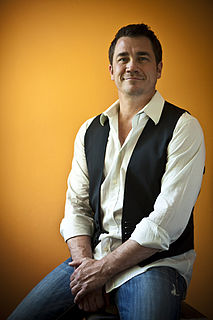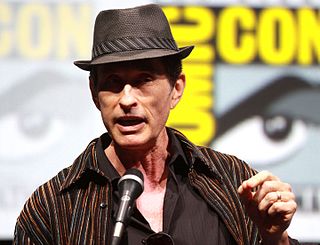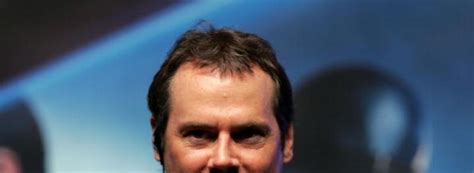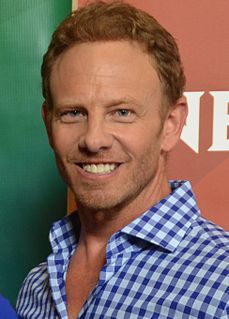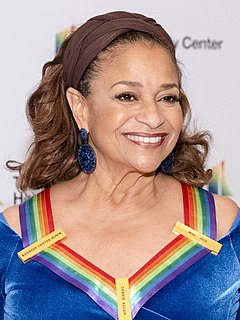A Quote by Tate Taylor
There's the movie you write, there's the movie you shoot and the movie you edit, and often, you find that you're getting the same information out of a scene that you already have and a scene that's actually more powerful, so you have to make the tough decision to take it out.
Related Quotes
Like every novelist, I fantasise about film. Novelists are not equipped to make a movie, in my opinion. They make their own movie when they write: they're casting, they're dressing the scene, they're working out where the energy of the scene is coming from, and they're also relying tremendously on the creative imagination of the reader.
I've begun to believe more and more that movies are all about transitions, that the key to making good movies is to pay attention to the transition between scenes. And not just how you get from one scene to the next, but where you leave a scene and where you come into a new scene. Those are some of the most important decisions that you make. It can be the difference between a movie that works and a movie that doesn't.
In editing, you really face what the movie is. When you shoot it, you have this illusion that you're making the masterpieces that you're inspired by. But when you finally edit the movie, the movie is just a movie, so there is always a hint of disappointment, particularly when you see your first cut.
I'm such an action movie junkie that as an action fan, because action scenes are so heightened, we could never really picture ourselves in that scene. So when you're watching an action movie, you experience an action movie more outside of the aquarium: you know you're out of the aquarium looking in at all the swimming fish that are in there.
All my cuts are always about three hours, at the start, mainly because any scene in the movie that's 90 seconds, I probably shot a five-minute version of. If you just extrapolate that through the whole movie, I have a very long version of every scene, usually because, if there's one funny joke, I'll shoot five because I don't know if the one I like is going to work. I'll get back-ups because my biggest fear is to be in previews, testing the movie, and a joke doesn't work, but I have no way to fix it because I have no other line.
